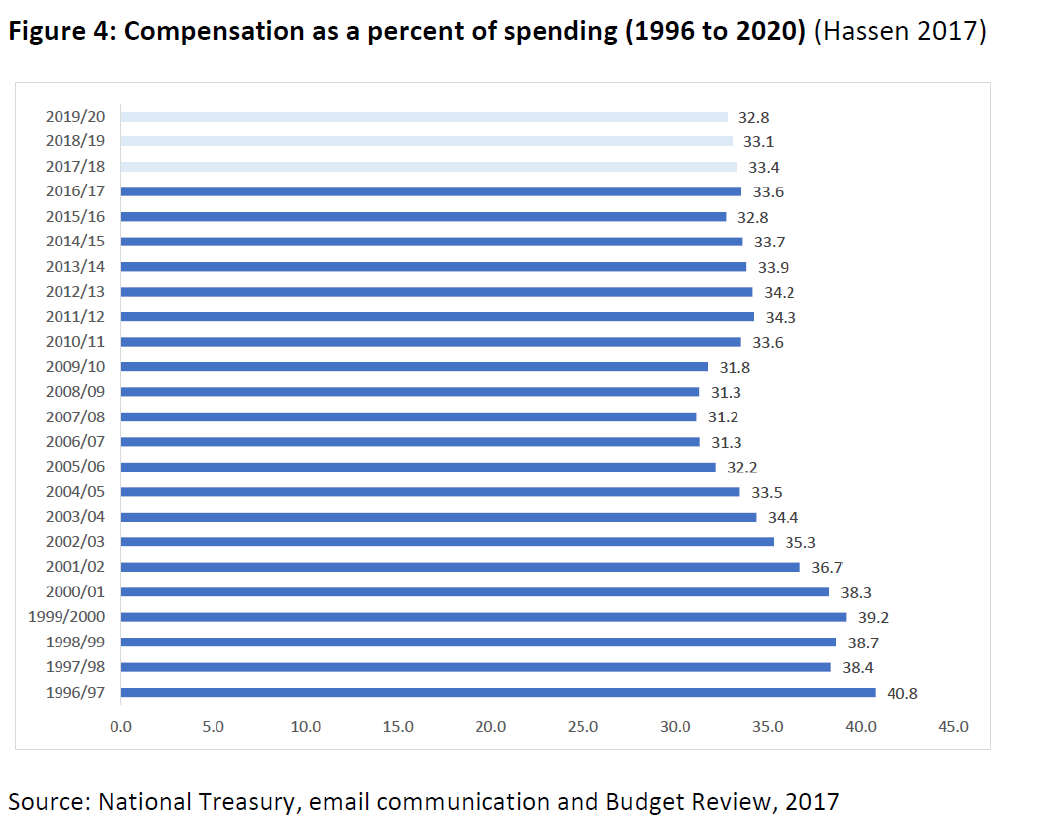
The @IEJ_SA today releases a seminal policy brief- Designing a Basic Income Guarantee- that has been 3 months in development. It reviews international literature on universal vs targeted grants, & draws key lessons for the design of a #UBIG for S Africa.
iej.org.za/designing-a-ba…
iej.org.za/designing-a-ba…
Key findings include:
•How a BIG is designed is as important as its adoption.
•A key flaw of targeting a specific vulnerable group:it doesn't reach them in practice...due to administrative burdens, unwarranted exclusions, stigmatisation,& changes in eligibility of recipients.
•How a BIG is designed is as important as its adoption.
•A key flaw of targeting a specific vulnerable group:it doesn't reach them in practice...due to administrative burdens, unwarranted exclusions, stigmatisation,& changes in eligibility of recipients.

In contrast, universality minimises these risks while appropriate taxation measures ensure only those in need receive a net benefit.
..modelling shows providing larger grants to fewer people does not necessarily result in improved poverty-alleviating and distributional outcomes.
..modelling shows providing larger grants to fewer people does not necessarily result in improved poverty-alleviating and distributional outcomes.
•The assertion that social assistance creates dependency or discourages labour market participation is disproved by the evidence. In fact, it is targeted grants which can reduce incentives to seek employment and raise earnings due to the potential loss of the BIG.
•A UBI, even at a relatively low level, has a greater impact on poverty than a targeted unemployment grant set at a significantly higher level, because it reaches a range of adults of different employment statuses in low-income households, who are thus able to pool their income.
•Universality, because of its relative administrative simplicity, allows far more expeditious implementation of a BIG to address the current socioeconomic crisis with the urgency required.
•The implementation of a Universal BIG at meaningful levels is affordable.
•The implementation of a Universal BIG at meaningful levels is affordable.
Key Recommendations:
•A universal BIG is clearly a preferable, more efficient, & more impactful policy option.
•If ‘phasing-in’ is unavoidable, then extension/improvement of the current SRD Grant, followed by an income threshold BIG , & then a universal BIG is most appropriate
•A universal BIG is clearly a preferable, more efficient, & more impactful policy option.
•If ‘phasing-in’ is unavoidable, then extension/improvement of the current SRD Grant, followed by an income threshold BIG , & then a universal BIG is most appropriate
Congratulations to IEJ Associate Researcher Nathan Taylor for his excellent work on this.
A slide presentation summarising the @IEJ_SA policy brief (for those who are time-poor) can be found here 👇
iej.org.za/designing-a-bi…
iej.org.za/designing-a-bi…
Thank you to @FES_SouthAfrica for their consistent support for our #UBIG work.
• • •
Missing some Tweet in this thread? You can try to
force a refresh






